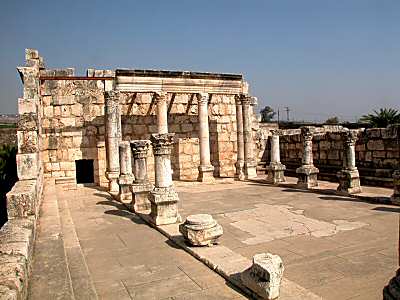
I asked Earl Doherty a few questions about his background and what led him to his Christ myth views; his understanding of the relationship between atheism and mythicism, and atheism in genera; influences leading to his own distinctive views and public/scholarly reactions to the mythicism, and towards him personally; his place in the history of the Christ myth idea and what he sees as the future status of Christ-mythicism. I also asked him about his website and books, including his novel.
His responses address other mythicists such as G. A. Wells and Paul-Louis Couchoud, a few mythicism’s current critics, and his views on American novelist Vardis Fisher. (The name of this blog, Vridar, is taken from the autobiographical character in Vardis Fisher’s final novel in his Testament of Man series, Orphans in Gethsemane.)
I am sure others will find his replies as interesting as I did.
And a special thanks to Earl for making time to respond as he did. I include a link to his Age of Reason and Jesus Puzzle websites at the end of his responses to my questions.
1. What led to your interest in the Christ myth theory?
Earl D: In 1982 I read a couple of books by G. A. Wells, and I was quite taken aback. While I had vaguely heard of the ‘no historical Jesus’ idea during the 1970s, I tended to regard it as unlikely. Not, however, based on any particular knowledge of the subject. But that has enabled me to understand the automatic dismissal which the Christ myth theory usually receives from those who really know very little about it. In 1984, after finishing a novel I had been working on for some time, I began to read more widely, and soon decided I would undertake my own research of the question, perhaps with a view to writing my own book. While I have a high respect for Prof. Wells, I felt that the subject could use a different approach. Fortunately, I had studied ancient Greek in university during the 1960s, as part of a degree in ancient history and classical languages. I could build on that earlier education and supplement it with my own private study. Before long, I guess you could say it became an obsession. Continue reading “Interview with Earl Doherty”

